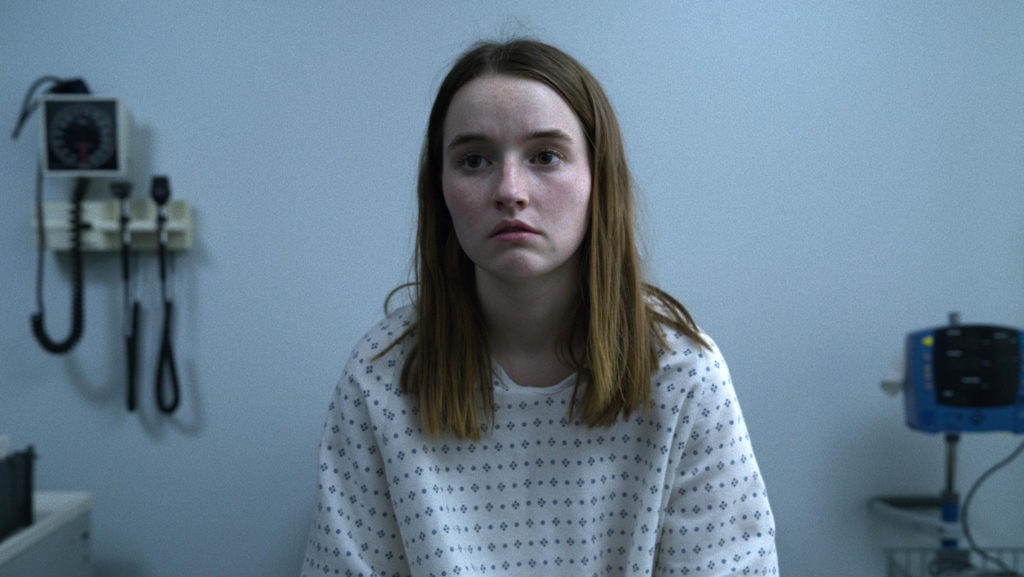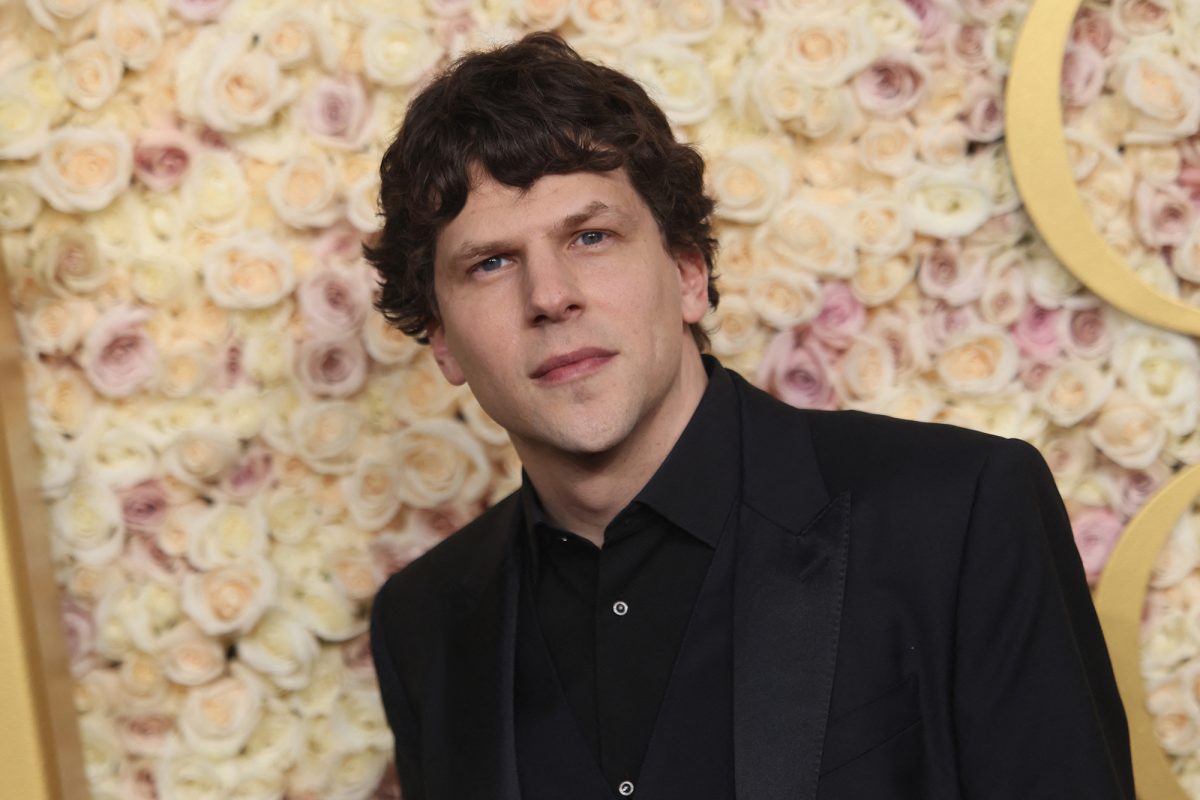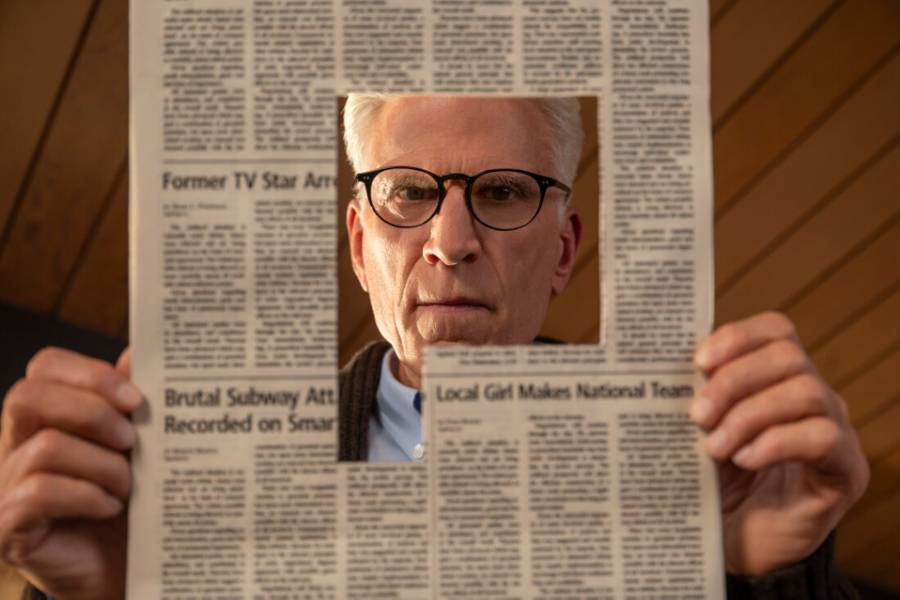Only 230 out of every 1,000 sexual assaults are reported to the police, according to the Rape, Abuse & Incest National Network. Netflix’s new miniseries, “Unbelievable,” based on a true story of a series of sexual assaults that occurred from 2008–2011, offers some insight on this statistic.
In Lynnwood, Washington, 18-year-old Marie Adler (Kaitlyn Dever) reports a man breaking into her apartment, tying her up and raping her. After reporting the incident to the police, she is manipulated by her former foster mothers (Elizabeth Marvel and Bridget Everett) and the detective assigned to the case (Eric Lange) into admitting the assault did not actually happen. Three years later, Colorado detectives Grace Rasmussen (Toni Collette) and Karen Duvall (Merritt Wever) uncover a string of violent sexual assaults in their area that may give Marie the evidence she needs.
“Unbelievable” offers a bleak look at the inner workings and faults of the police force and the foster care system. However, the most eye-opening element of the series is how victims of sexual assault are treated by law enforcement as well as by their friends and family when they decide to report. For example, in a pivotal collection of scenes in the first episode, Marie becomes increasingly agitated and uncomfortable every time law enforcement asks her to retell the incident. But “Unbelievable” never shows the victims in a negative light. Even when it seems the entire world is against Marie, the show makes sure the audience is not. It is clear that those who are against her are in the wrong. This contributes heavily to the show’s overall strength as a feminist, anti-victim–shaming and socially conscious piece of art.
While rocky and awkward at first, the budding bond between the experienced but sometimes cold Rasmussen and the motivated, energized Duvall is both complex and powerful. Never is there any competition hinted between the two female detectives. The show portrays the women as simply detectives and not “female detectives” while also being sensitive to the everyday problems of women in this line of work. One strong highlight is Duvall’s standout monologue late in the series in which she explains her extreme dedication to her job as a result of the traumatic events her work has exposed her to.
In terms of pace, “Unbelievable” offers an interesting trajectory. At times, the story moves too fast, causing the viewer to have to rewind in order to catch important details. At other times, the endless numbers of false leads and dead ends make the story seem to drag on, creating a sense of repetitiveness in the middle of the series. However, this component of the series represents what true crime cases are actually like: an endless series of false leads and dead ends. Fortunately, the series finds its footing in the later episodes, and it ends on a sublime note.
“Unbelievable” is a riveting, suspenseful and often difficult–to–watch series that successfully tackles a relevant topic. Coming on the heels of the #MeToo movement, media like “Unbelievable,” which treats the aftermath of sexual assault with honesty and sensitivity, is integral to creating a society that both believes and respects victims.




















